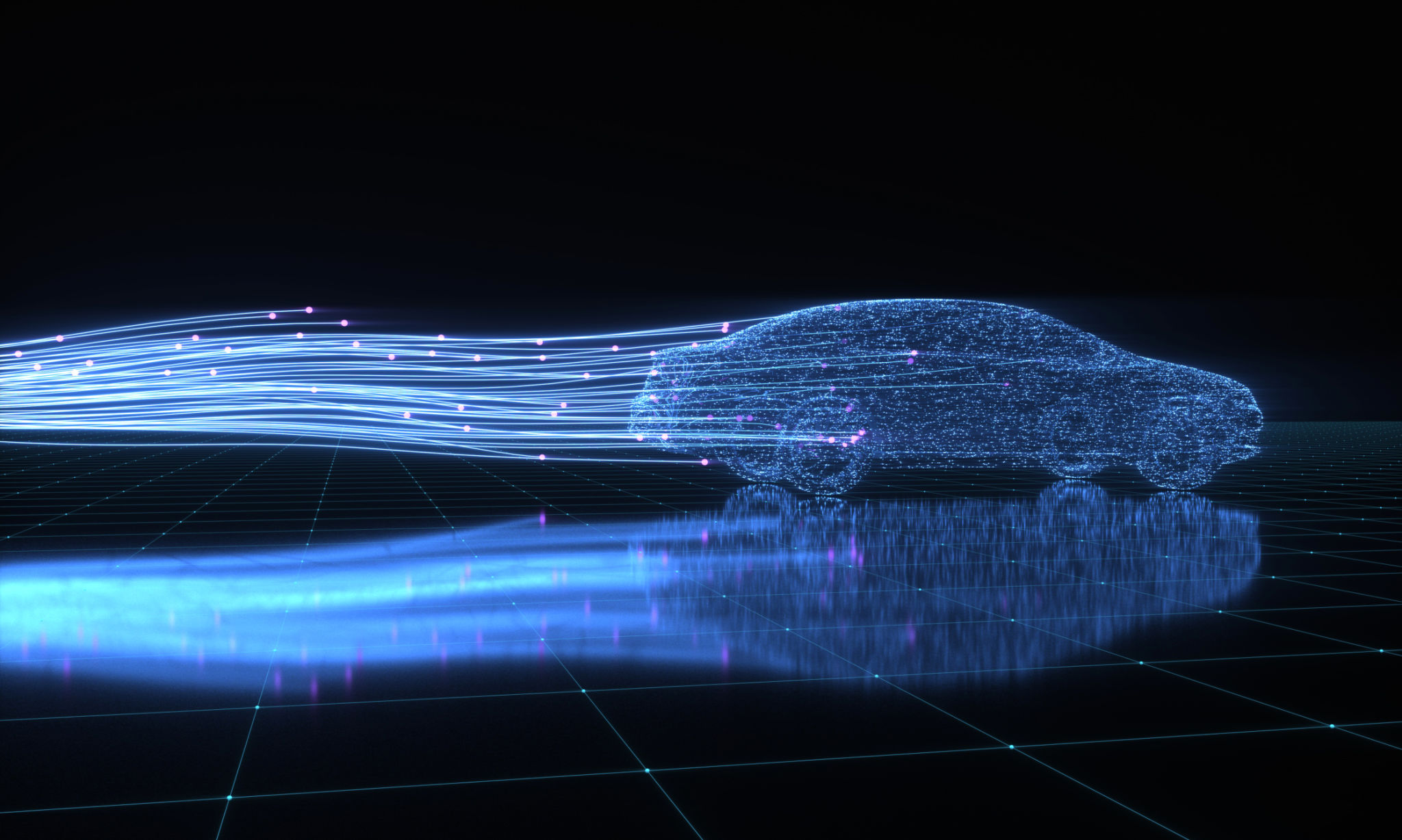Debunking Common Myths About AI and Business Automation
Understanding the Reality of AI and Business Automation
Artificial Intelligence (AI) and business automation are revolutionizing industries across the globe. However, misconceptions persist, often leading to skepticism and resistance. It is crucial to separate fact from fiction to leverage these technologies effectively. In this blog post, we will debunk some common myths surrounding AI and business automation.

Myth 1: AI Will Replace Human Jobs
A prevalent fear is that AI will lead to widespread job loss. While it's true that AI automates certain tasks, it is more about transforming jobs than eliminating them. AI can handle repetitive and mundane tasks, allowing humans to focus on complex and creative aspects of their roles. Many industries are witnessing the creation of new job categories that require human oversight and interaction with AI systems.
Consider the case of customer service. AI-powered chatbots can handle basic inquiries, freeing up human agents to tackle more challenging customer issues. This not only enhances productivity but also improves customer satisfaction.
Myth 2: Automation is Only for Large Corporations
Another misconception is that only large corporations can benefit from automation. In reality, businesses of all sizes can reap significant rewards. Small and medium enterprises (SMEs) can use automation tools to streamline operations, reduce costs, and improve efficiency.

For instance, automating inventory management can help SMEs maintain optimal stock levels without the need for extensive manual oversight. This ensures that businesses can meet customer demands promptly without overstocking or understocking products.
Myth 3: AI Systems Are Infallible
Some believe that AI systems are infallible and provide perfect results. However, AI is not without limitations. It relies on data for learning and decision-making, meaning that biased or incomplete data can lead to errors. Consequently, human oversight remains essential to ensure AI systems operate effectively and ethically.
Businesses must invest in proper training and continuously monitor their AI systems to prevent and mitigate any potential errors or biases.

Myth 4: Automation Eliminates the Need for Human Skills
There's a notion that as automation becomes more prevalent, human skills will become obsolete. On the contrary, automation emphasizes the need for human skills in areas such as problem-solving, critical thinking, and creativity. As routine tasks are automated, employees are encouraged to develop skills that machines cannot replicate.
Organizations must focus on upskilling their workforce to adapt to an increasingly automated environment. This involves offering training programs that enhance both technical and soft skills.
The Path Forward
Debunking these myths is crucial for businesses looking to harness the full potential of AI and business automation. By understanding the realities of these technologies, companies can make informed decisions, driving innovation and growth.
As we continue to witness advancements in AI and automation, it is important to approach these technologies with an open mind, acknowledging both their capabilities and limitations.

In conclusion, AI and business automation are not about replacing humans but about enhancing capabilities and creating new opportunities. Embracing these technologies with a clear understanding will pave the way for a more efficient and innovative future.
